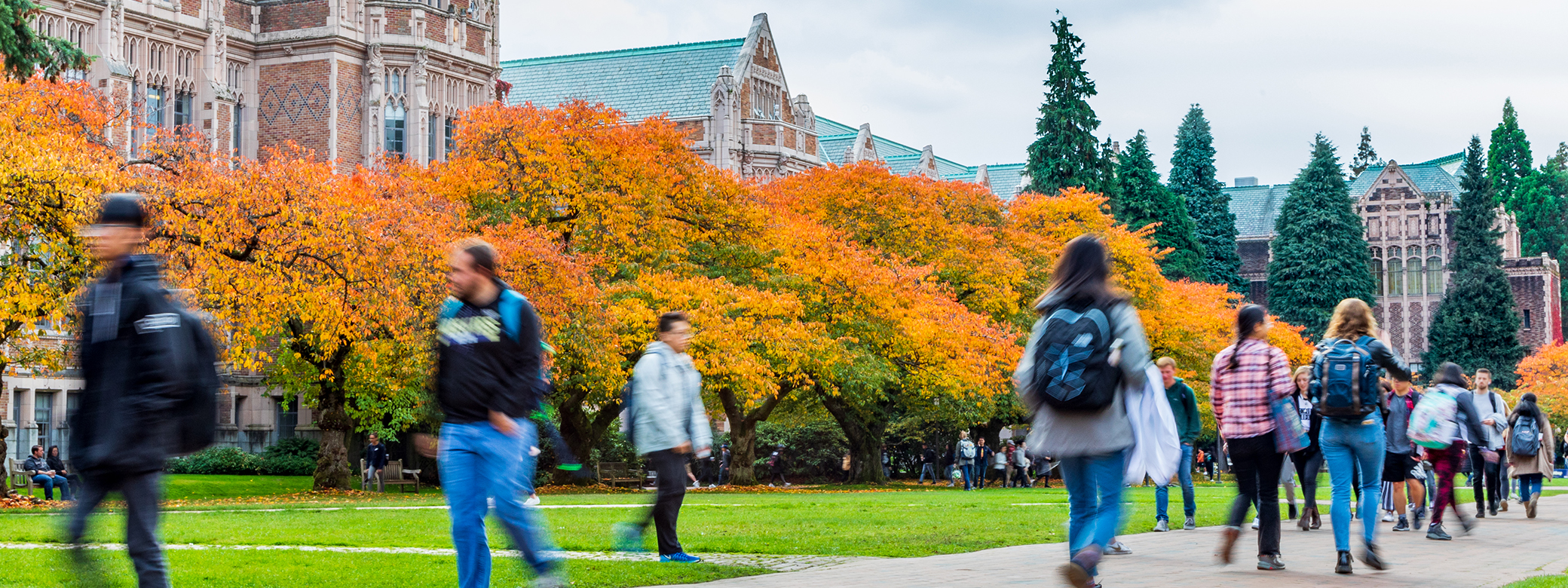-
Lifting of sanctions: shopping spree for Iran?
KOMO radio interviews Jackson School Director Reşat Kasaba about what potential effects the lifting of sanctions will have on Iran and the U.S.
01/26/2016 | Jackson School of International Studies -
When do children show self-esteem?
New research from UW Psychology and I-LABS shows children have a strong sense of self from a young age.01/22/2016 -
Diplomacy and danger in orbit: The Jackson School's role in discussions of space
Saadia Pekkanen is associate director at the Henry M. Jackson School of International Studies and is leading conversations about the frontiers of diplomacy.
01/21/2016 | UW Today -
Stroum Center Launches “Israel Studies Today” Lecture Series
During Winter Quarter 2016, the UW Stroum Center for Jewish Studies will host three scholars who represent new approaches in the growing field of Israel Studies.01/21/2016 | Stroum Center for Jewish Studies -
Sam Wasser named Wildlife Crime Tech Challenge winner
Dr. Wasser, a faculty member in UW Biology, is also a finalist for a $500,000 grand prize thanks to his work in DNA tracking.01/20/2016 -
Which generation has it worse?
CNN invited writers, activists and CNN contributors to hash it out about which generation has it the worst. Pepper Schwartz, professor of sociology at the UW, is featured.
01/19/2016 | CNN -
Seattle’s real fear of change: loss of the middle class
According to history professor John Findlay, Seattle's 1962 World's Fair promoted the city as a haven for engineers and techies with middle-brow culture for middle-class fairgoers.01/14/2016 | Crosscut -
Portland's growing divide: The wealthy and the rest of us
The issue of whether to raise minimum wage has business owners divided. Richard Morrill, professor emeritus of geography at the UW, is quoted.
01/14/2016 | Portland Tribune -
Are Parents Rushing to Turn Their Boys Into Girls?
UW Professor of Psychology Kristina Olson discusses what alarmist articles often get wrong about transgender children.01/14/2016 -
UW student watches State of the Union address — from the White House
DeAndre Coulter, a communications major with a minor in diversity, traveled to Washington D.C. with Seattle Police Chief Kathleen O'Toole.
01/13/2016 | The Seattle Times
